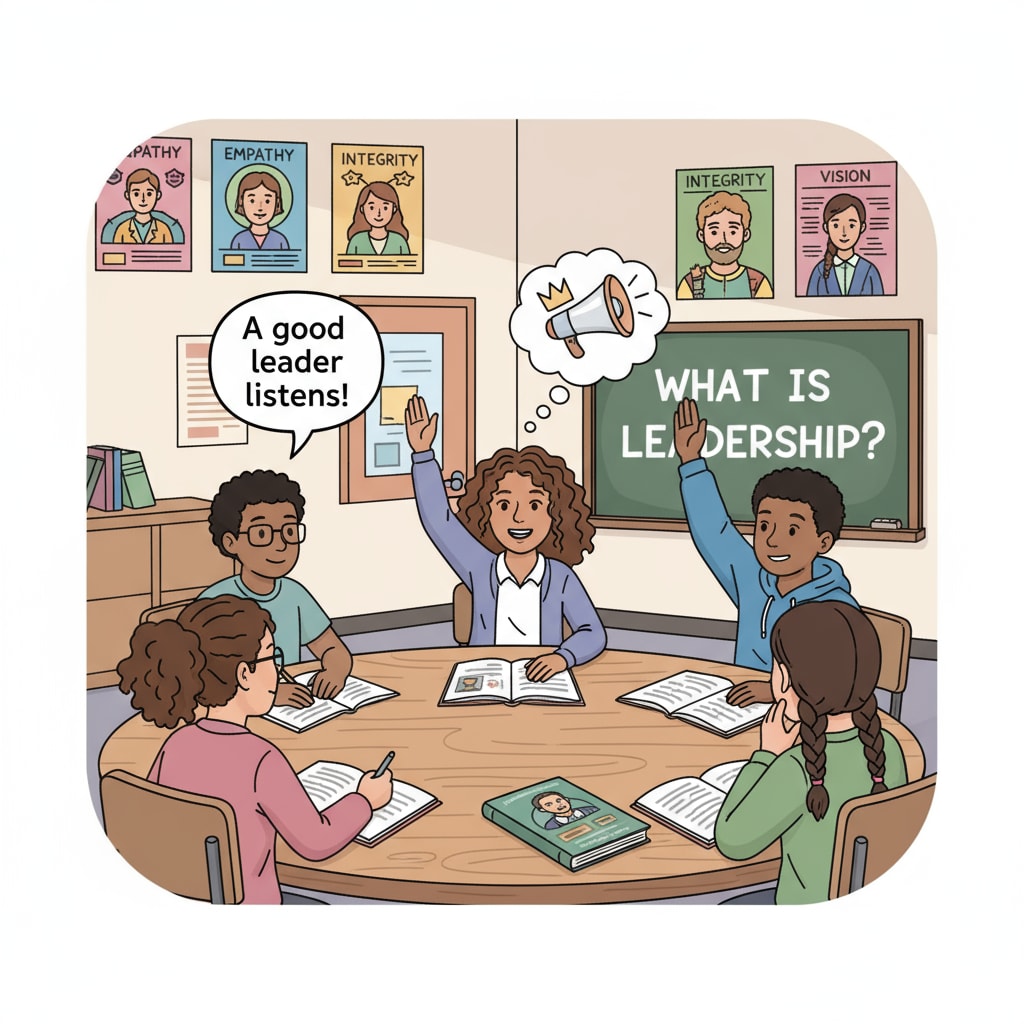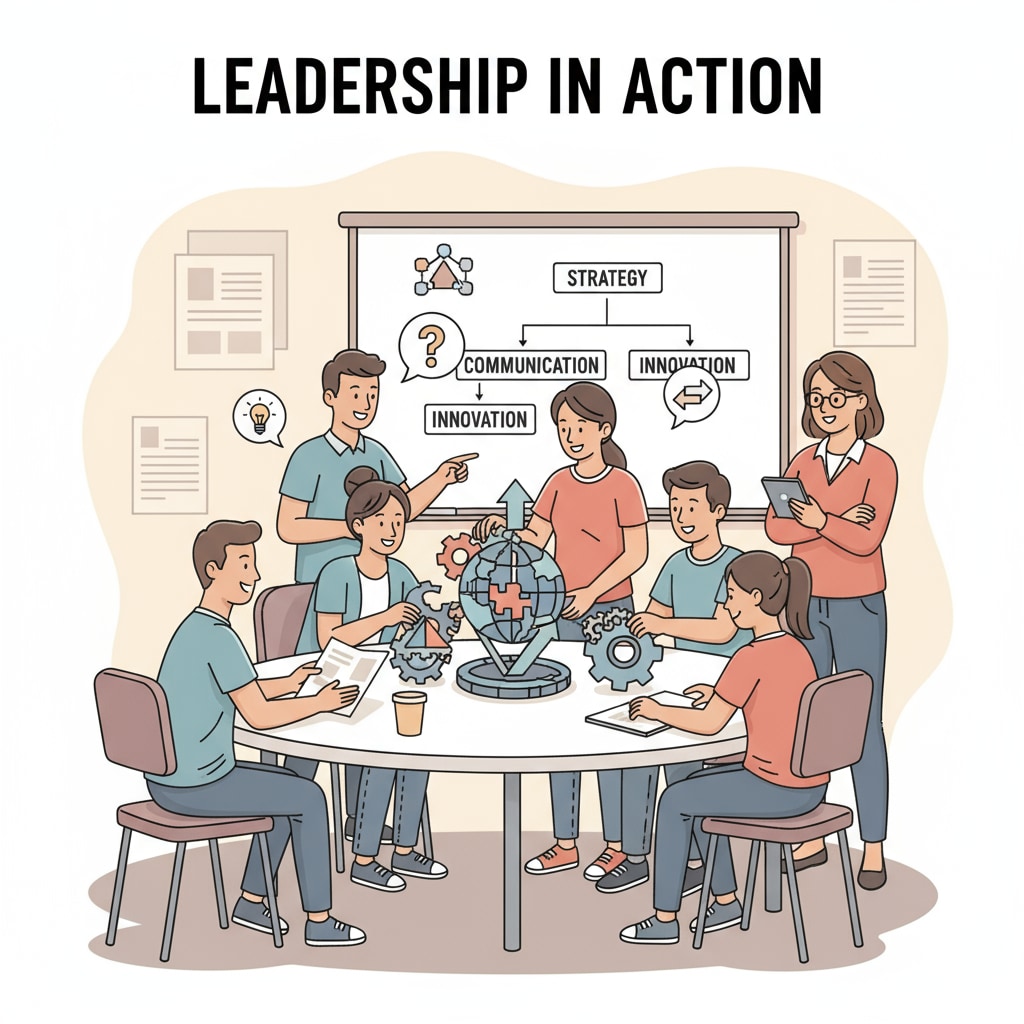General Motors, IQ, and leadership are intertwined concepts that have significant implications for K12 education. A groundbreaking study by General Motors in collaboration with the University of Michigan has shed light on the complex relationship between high intelligence and effective leadership. This research has made educators pause and consider how we nurture high-IQ students in the K12 system to develop strong leadership skills.

The IQ – Leadership Myth
For a long time, there has been an assumption that high IQ automatically equates to great leadership. However, the General Motors and University of Michigan research has challenged this notion. It has shown that while intelligence is an important factor, it is far from being the only determinant of leadership effectiveness. Leadership on Wikipedia defines leadership as the ability to guide a group towards a common goal, which involves much more than just cognitive abilities.
In fact, many high-IQ individuals may lack the social and emotional skills necessary to inspire and lead others. These skills, such as communication, empathy, and teamwork, are crucial components of effective leadership. Therefore, we need to look beyond IQ when it comes to developing leaders in the K12 education system.
Rethinking Gifted Education in K12
K12 education has traditionally focused on academic achievement, often equating high IQ with success. Gifted education programs have been designed to challenge high-IQ students intellectually. While this is important, it may not be sufficient to develop well-rounded leaders. Education on Britannica emphasizes the need for a more comprehensive approach.

Educators should consider integrating leadership training into the curriculum for high-IQ students. This could include activities such as group projects, student government, and community service. These experiences can help students develop the practical skills needed to lead, such as decision-making, problem-solving, and conflict resolution.
In addition, social and emotional learning (SEL) should be a key part of the education for high-IQ students. SEL helps students understand and manage their emotions, build positive relationships, and make responsible decisions. By incorporating SEL, we can help high-IQ students become more effective leaders.
In conclusion, the research by General Motors and the University of Michigan has highlighted the need for K12 education to reevaluate how we approach gifted education. By moving beyond the narrow focus on IQ and integrating leadership training and social and emotional learning, we can better prepare high-IQ students to become leaders in the future.
Readability guidance: Short paragraphs and lists are used to summarize key points. Each H2 has a list to present ideas clearly. The proportion of passive voice and long sentences is controlled, and transition words are added throughout the text.


